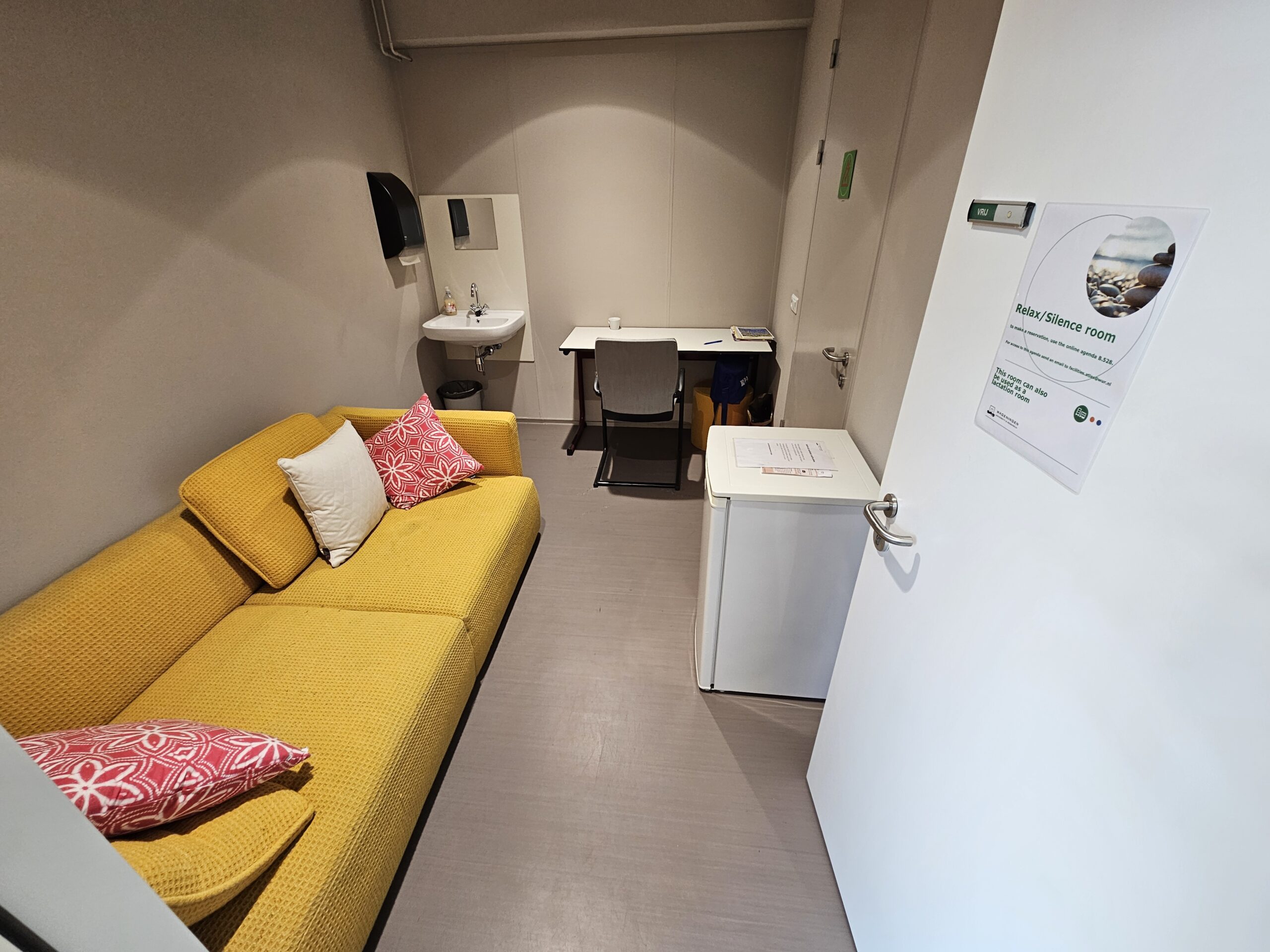The Dutch Lower House elections are just around the corner. How do parties feel about the binding study advice? How do they plan to solve the shortage in student housing? And, should a basic government grant be reinstated?
In every election, there are plenty of voting advice applications. This time, the Dutch National Students Association (Dutch acronym: ISO) offers a helping hand by listing the political positions of the various parties.
Steeplechase
The ISO voting advice application (links to Dutch content) is a steeplechase through the entire student-career. After every obstacle, the positions of the different parties are listed. Students start with ‘obstacles’ such as study choice, and admittance and selection, and finish with the impact of the incurred student debt, for example, in applying for a mortgage.
Students must record what party fits them best, there is no overall result or best match at the end of the steeplechase. ‘But, we do wish them luck in making their decision’, says ISO chair Dahran Çoban. ‘After all, your selection in the voting booth has a direct impact on your study time. There are some real issues at stake this election.’
Your selection in the voting booth has a direct impact on your study time
ISO-chair Dahran Çoban
There are some issues on which all parties have an opinion. The student loan system, for example, is a hot issue, says Çoban. But this is not the case for quite a few other topics. ISO combed through the (draft) election programmes and noted that not every party has a position on, for example, compensation for the generation of students affected by the loan system. Topics such as “student participation” or “admittance and selection” show gaps.
These gaps are concerning, Çoban says. She cites ‘digitalisation’ as an example. Now, more than ever, this is a relevant topic. But most parties do not mention it at all in their programme.
Student wellbeing
Student wellbeing is another such example. This much-discussed issue is mentioned in many programmes. Çoban: ‘However, it focuses on solutions such as deploying confidential counsellors, or actively detecting problems. This is something the institution must pick up. I wonder what the parties intend to do about this issue.’
ISO wants to discuss the missing topics with the parties in the near future. Çoban calls on students to also reach out to politicians they consider voting for. ‘If you think it strange that a party does not have an opinion on an issue that is important to you, you must let them know.’
Curious about the opinions of political parties on student issues? Click here to see the voting advice application Studentikeus.

 Voting. Photo: Shutterstock
Voting. Photo: Shutterstock 

